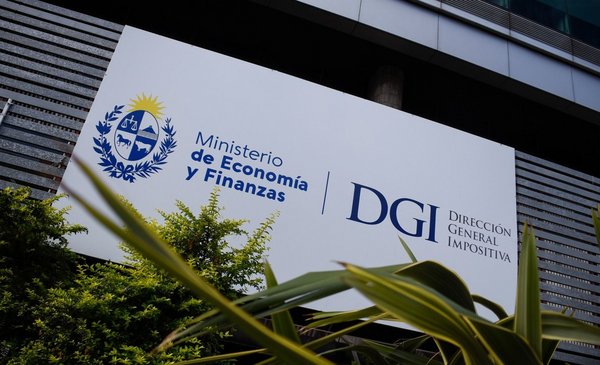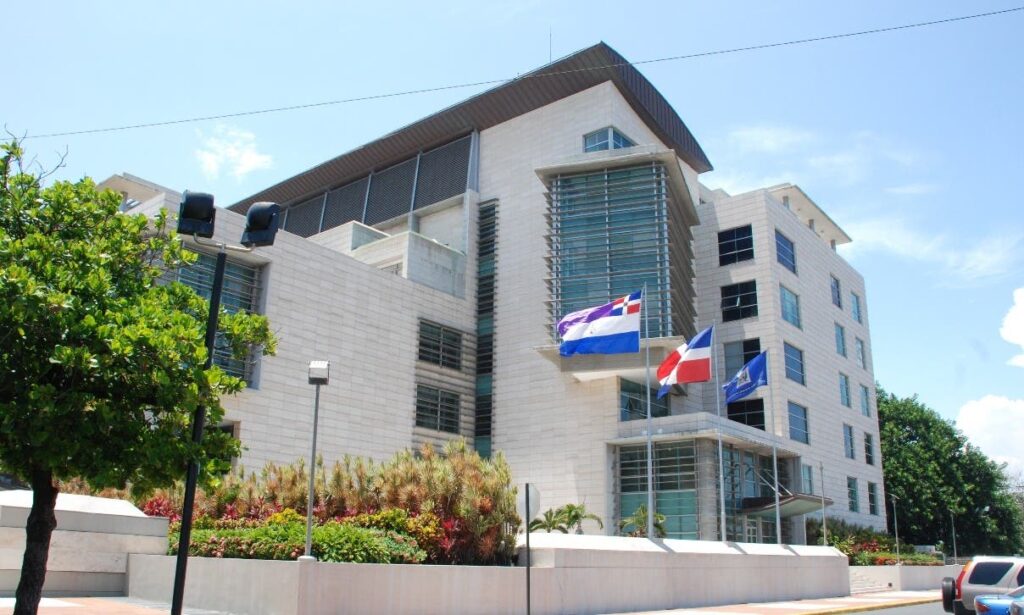The General Tax Directorate (DGI) updated the list of jurisdictions that are taxed under the Fiscal Transparency Law. This law seeks to discourage the use of offshore resident entities, domiciled, constituted or located in countries with low or no taxation (BONT), better known as tax havens.
In these cases, a more burdensome tax treatment is generated when local taxpayers operate with them.
The DGI resolution to which you agreed The Observer covers a list of 33 jurisdictionswhich includes AngolaAscension Island, Guam, Guyana, Honduras, Cocos Island (Keeling Island) christmas islandSt. Helena Island, Norfolk Island, Pitcairn Island and Pacific Islands.
The list is completed Fiji Islands, Falkland Islands, Palau Islands, Solomon Islands, US Virgin IslandsJordan, Kiribati, Labuan, Liberia, Niue, French Polynesia, Puerto Rico and the Kingdom of Tonga.
Also includes Republic of Yemen, Saint Martin (formerly part of Netherlands Antilles), Saint Pierre and Miquelon, Svalbard, Swaziland, Tokelau, Tristan da Cuna, Tuvalu and Djibouti (Djibouti).
The countries, jurisdictions and special regimes identified in this resolution will remain as soon as the exchange of information upon request is fully applicable with them, and the automatic exchange of information on accounts is activated bilaterally by the Ministry of Economy and Finance. finance for tax purposes.
This resolution is effective from January 1, 2023. Regarding the list that was in force in 2022 decommissioned the Maldives, Jamaica and the Sultanate of Oman.
The current law
The Fiscal Transparency Law (19,484) in force since January 2017 introduced provisions that aggravate the tax treatment in some taxes such as IRAE, IRPF, IRNR and Patrimony when these types of entities are used.
Decree 40/017 of the Executive Power established that countries, jurisdictions or BONT regimes will be considered those that verify two conditions. The first is that they subject the income obtained in Uruguay to a effective taxation lower than 12%. and second that an information exchange agreement or an agreement to avoid double taxation with an information exchange clause with Uruguay is not in force with said country or jurisdictionor, being in force, it is not fully applicable to all taxes covered by the agreement or convention, or that do not effectively comply with the exchange of information, explained a report by the KPMG consulting firm.
In that framework, DGI regularly prepares a list of countries, jurisdictions and special regimes that meet the aforementioned conditions in order to give taxpayers certainty.
The government introduced these changes in 2017 in order to comply with the commitments assumed before the Organization for Economic Cooperation and Development (OECD). The objective was to be in line with international standards regarding transparency and exchange of financial information and to improve the efficiency of tax collection.
















